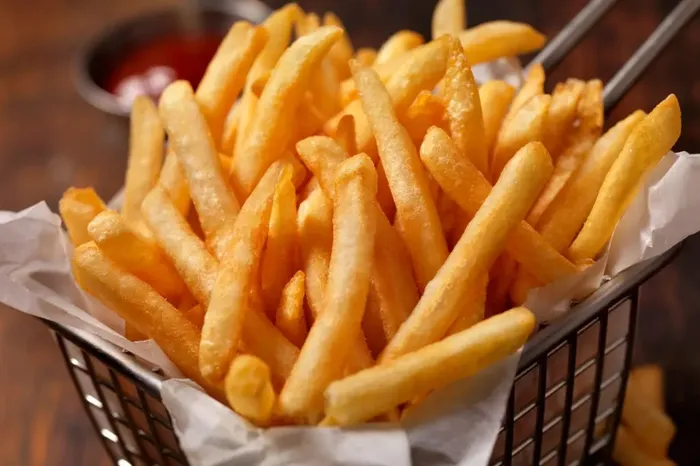Relief for hot chips industry as tariff lapses

Cape Town – In a small but much-needed reprieve for the food industry and hot-chips lovers feeling the pressure of rising food prices, anti-dumping duties on three major importers lapsed earlier this month.
In July 2022, the International Trade Administration Commission of South Africa (ITAC) placed anti-dumping tariffs as high as 181.05% on Germany, 104.52% on the Netherlands, and 23.06% on Belgium for a period of six months.
ITAC had until Saturday, January 14 to update the french fry tariff, but instead allowed it to expire. This means that local importers can now claim refunds for any duties paid since.
The news comes as a small reprieve for the food industry during a period marred by global supply chain disruptions, rising animal feed costs, high fuel prices impacting transportation costs, and increased load shedding.
“We need to do everything in our power to bring prices down, which includes doing away with unnecessarily heavy duties. Competition is integral to an economy’s ongoing welfare, and our food industry benefits greatly from global trade which serves to fill shortages in the market and keep prices stable,” said Fred Hume, managing director of Hume International, a major importer of frozen food in South Africa.
“The simple fact of the matter is that while the local industry produces sufficient amounts of potatoes to meet consumer demand, the same cannot be said for the specific variant used to make french fries, and hence our reliance on imports.”
Hume explained that imports of french fries had decreased by a third since before Covid-19, largely due to the high import tariffs placed on these three major trading partners.
Germany, which previously only made up around 6% of total imports and had very little impact on local prices, has largely stopped exporting fries to South Africa as a result.
“We are not out of the woods just yet. This is but one small victory in the ongoing fight against rampant food price inflation, and if the average South African is to survive the year, we need to implement more substantial measures.”
Hume called on government to temporarily suspend trade duties on staple food products and previously inexpensive sources of protein such as chicken until local producers manage to catch up with demand.
Cape Times
Related Topics: